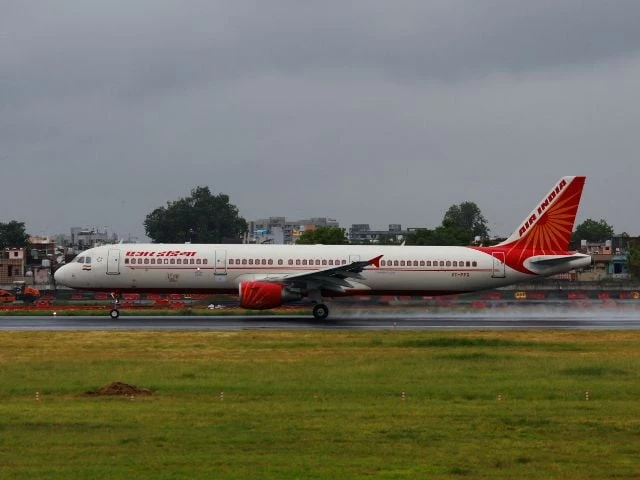Pakistan has extended its airspace ban on Indian aircraft by another month, with the restriction now set to remain in force until November 23, 2025, according to a new NOTAM issued by the Civil Aviation Authority of Pakistan.
The ban, which applies to civil and military aircraft flying to or from India, prohibits the use of Pakistani airspace.
The restriction was initially imposed on April 23, 2025 and has since been extended several times.
Pakistan has closed its airspace to Indian airlines in response to measures taken by India following the April 22 attack on tourists in Pahalgam in India’s illegally occupied Jammu and Kashmir.
Read: Pakistan extends ban on India’s airspace until October 24
This restriction results in significant losses for Indian airlines, which have to take much longer routes to reach destinations in the Middle East, Europe and the United States.
Ceasefire between Pakistan and India
The latest escalation between Pakistan and India began on April 22, when an attack in Pahalgam killed 26 people. India immediately blamed Pakistan for the incident. However, Pakistan has categorically rejected Indian responsibility.
In response, India undertook a series of hostile actions the next day, April 23, including suspending the 65-year-old Indus Water Treaty (IWT), canceling visas of Pakistani citizens, closing the Wagah-Attari border post, ordering the closure of the Pakistan High Commission in New Delhi, and reducing diplomatic staff at the embassies of both countries.
Tensions further escalated in the early hours of May 7, when missile strikes hit six towns in Punjab and Azad Jammu and Kashmir (AJK), destroying a mosque and killing dozens of civilians, including women, children and the elderly.
Learn more: French intelligence official confirms Pakistan’s shooting down of Rafale
In a swift military response, Pakistani armed forces shot down Indian fighter jets, including three Rafales. The confrontation further intensified in the early hours of May 10, when India targeted several Pakistani airbases with missile strikes. In retaliation, Pakistan launched Operation Bunyanum Marsoos, damaging Indian military installations including missile storage sites, airbases and other strategic targets.
Later, US President Donald Trump announced that a ceasefire had been reached after intense diplomatic efforts overnight. Minutes later, the deal was separately confirmed by Pakistani Foreign Minister Ishaq Dar and Indian Foreign Minister.




